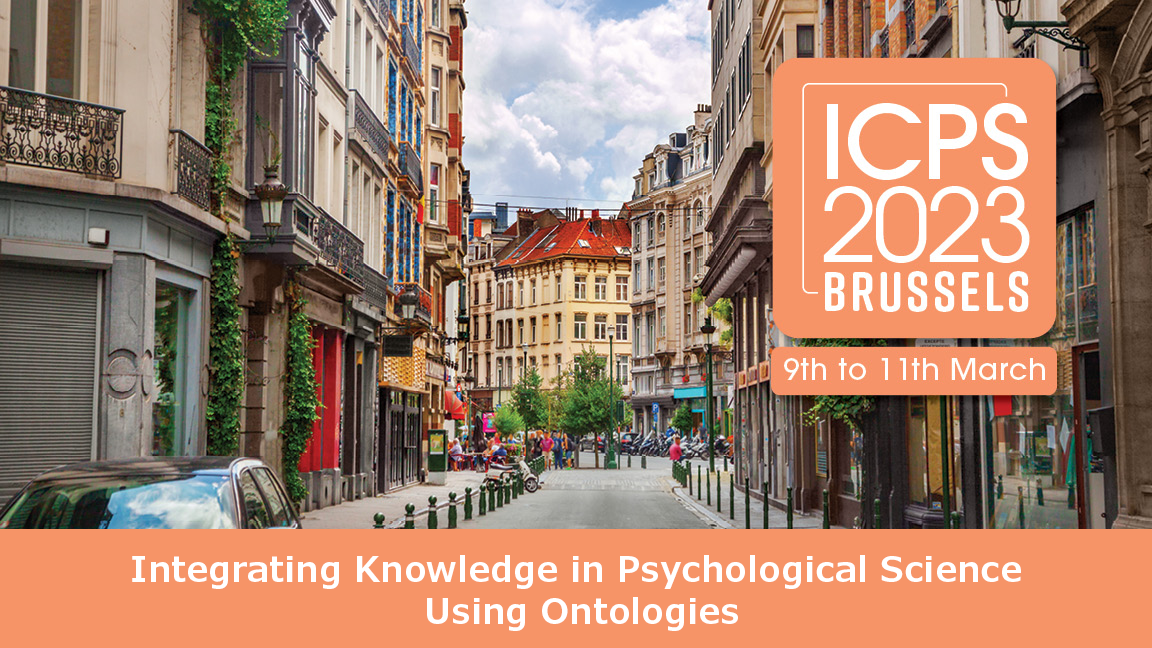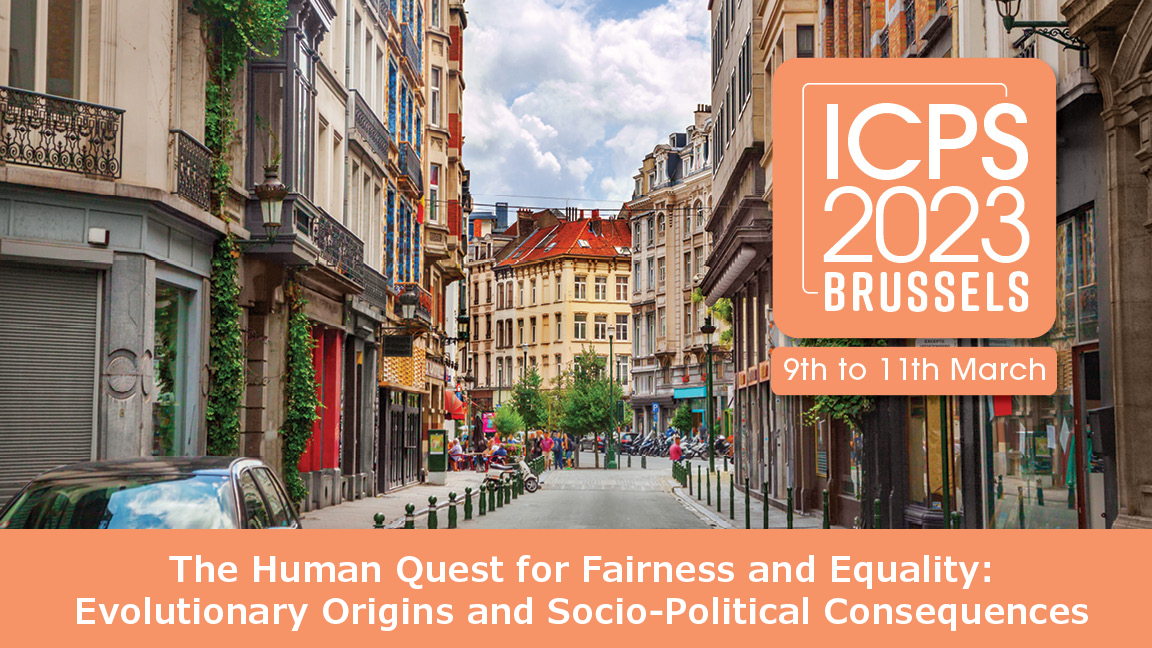Improving Addiction Treatment Through Better Understanding and Targeting Cognitive Motivational Mechanisms

Please log in to view this content. Note that this video is only available to those who registered for ICPS 2023 or APS members who purchase access.
Addictions are among the most frequent and costly of all mental and brain disorders. In the past decade, new training methods have been developed to improve addiction treatment based on insights into the (neuro)cognitive mechanisms involved. The symposium provides an overview of these developments and introduces new methods inspired by emerging insights into working mechanisms.
Chair: Reinout W. Wiers, University of Amsterdam, Netherlands
Speakers: Reinout W. Wiers, University of Amsterdam, Netherlands
Pieter Van Dessel, Ghent University, Belgium
Ting Pan, University of Amsterdam, Netherlands
Warren K. Bickel, Virginia Tech Carilion Research Institute, USA
Discussant: Kenneth J. Sher, University of Missouri, USA
ICPS 2023 Videos
-

Keynote Address: Integrating Knowledge in Psychological Science Using Ontologies
Susan Michie presents the “Behaviour Change Intervention Ontology,” which has the potential to dramatically enhance evidence integration and knowledge development using hybrid human-computer systems, thereby accelerating scientific advancements.
-

Keynote Address: The Human Quest for Fairness and Equality: Evolutionary Origins and Socio-Political Consequences
Ernst Fehr shows that individuals cluster around three global, fundamentally distinct, preference types characterized as altruistic, inequality averse, and predominantly selfish—with the selfish type typically comprising a minority of individuals.
-

Keynote Address: Blood, Sweat, and Tears: Human Social Chemosignaling in Health and Disease
Noam Sobel describes his findings on mechanisms of human chemosignaling in both health and disease. Based on these findings, he argues that, in contrast to common notions, humans are highly olfactory animals, and body-odors dominate our social behavior.




